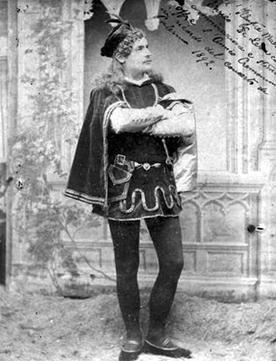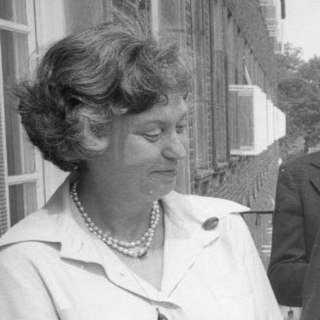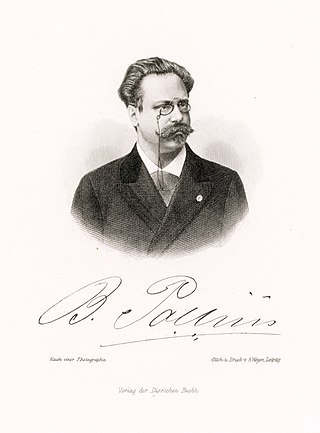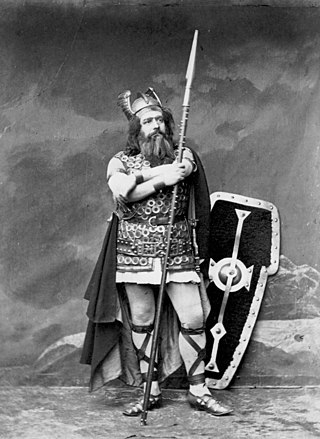Related Research Articles

Erich Kleiber was an Austrian, later Argentine, conductor, known for his interpretations of the classics and as an advocate of new music.

Giuseppe Cremonini was an Italian operatic tenor who had a prominent opera career in Europe and the United States during the last decade of the nineteenth century.

Carl Johan Jacob Forsell, known as John Forsell, was a prominent Swedish baritone, opera administrator and teacher of voice. He was the leading baritone of the Royal Swedish Opera (RSO) from 1896–1918, and thereafter sang roles periodically with the company until his last stage performance in 1938. From 1923-1939 he served as the director of the RSO. He also sang leading roles as a guest artist with opera companies internationally, drawing particular acclaim for his portrayal of the title character in Wolfgang Amadeus Mozart's Don Giovanni.

Wilhelm Elsner was a German operatic tenor who had an active international career from 1889 to 1903. Although his initial success was primarily in the lyric repertoire, he eventually became highly regarded for his portrayals of Wagnerian heroes.

Mécène Marié de l'Isle was a French musician and opera singer, who used the stage name Marié.

Přemysl Kočí was a Czech operatic baritone, actor, music educator, stage director, theatre manager and official of the Communist Party of Czechoslovakia.

Georgy Andreyevich Baklanoff, known as Georges Baklanoff was a Russian operatic baritone who had an active international career from 1903 until his death in 1938. Possessing a powerful and flexible voice, he sang roles from a wide variety of musical periods and in many languages. He was also highly praised by audience and critics for his acting abilities.

Carla Henius was a German operatic soprano and mezzo-soprano, voice teacher and librettist. She played a decisive role in promoting recent works by composers such as Arnold Schönberg, Karlheinz Stockhausen and Luigi Nono for the stage. She wrote the libretto for an opera by Aribert Reimann.

Hans Duhan was an Austrian operatic baritone. He belonged to the ensemble of the Vienna State Opera for 26 years and was the first Count Almaviva and the first Papageno of the Salzburg Festival.
Franz Klarwein was a German operatic lyric tenor and later character tenor. He was a member of the Bavarian State Opera from 1942 to 1977 and also appeared at international opera houses and festivals, especially in roles by Richard Strauss. Scheduled to sing in the 1944 world premiere of Die Liebe der Danae at the Salzburg Festival, which did not take place, he performed in both the English premiere at the Royal Opera House in London and the Swiss premiere at the Opernhaus Zürich. He sang in world premieres such as Capriccio in 1942, Hindemith's Die Harmonie der Welt in 1957, and Ján Cikker's Das Spiel von Liebe und Tod in 1969.
Ernst Heinrich Anton Pasqué was a German operatic baritone, opera director, theatre director, writer and librettist.

Delia Reinhardt was a German operatic soprano.
Otto Köhler was a German operatic baritone and voice teacher.

Bernhard Pollini, real name Baruch Pohl, was a German operatic tenor, and opera director.

Theodor Bertram was a German bass-baritone prominent in the operas of Richard Wagner. A regular performer at the Bayreuth Festival from 1901 to 1906, he was greatly admired for his portrayals of Wagnerian heroes and particularly Wotan. Bertram was born in Stuttgart and died by suicide in Bayreuth following the death of his second wife, Lotte Wetterling. His first wife was the soprano Fanny Moran-Olden who was also a prominent Wagnerian singer.
Franz Ludwig Hermann von Milde was a German operatic baritone and voice teacher.

Gustav Siehr was a German Hofoper- and Kammersänger bass.
Erich Witte was a German stage actor, operatic tenor and opera director. He was based for almost five decades at the Berlin State Opera, and performed leading roles at major opera houses in Europe and at the Metropolitan opera. He participated in world premieres, including Louise Talma's Die Alkestiade and Alan Bush's Joe Hill.
Philipp Kraus was a German operatic baritone and singing teacher.
Jacques Goldberg was a German musician, actor and theatre director.
References
- ↑ "Hunold, Erich (1864–1923), Bariton – BMLO". www.bmlo.uni-muenchen.de. Retrieved 2020-03-02.
- ↑ Kutsch, Karl J. 1924- (1997). Großes Sängerlexikon. Bd. 4. Moffo - Seidel (3., erw. Aufl ed.). München: Saur. p. 2173. ISBN 3-598-11598-9. OCLC 75747536.
- ↑ "OPERISSIMO". web.operissimo.com. Retrieved 2020-03-02.
- ↑ "German Baritones Of The Past (Recordings: 1903-1913) Cd • $19.90". PicClick. Retrieved 2020-03-02.
- ↑ Griffel, Margaret Ross (2018-01-23). Operas in German : a dictionary (Revised ed.). Lanham, Maryland. p. 968. ISBN 978-1-4422-4797-0. OCLC 994206188.
- ↑ Arakelyan, Ashot (2015-05-25). "GREATEST OPERA SINGERS: Erich Hunold (Baritone) (Erfurt, Germany 1864 - Braunschweig, Germany 1923)". GREATEST OPERA SINGERS. Retrieved 2020-03-02.